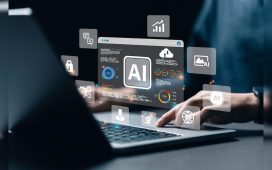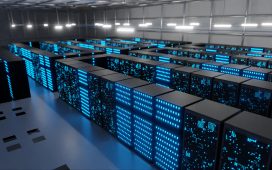Artificial intelligence (AI) technology continues to cause anxiety among workers who fear that their jobs will be replaced. The launch of ChatGPT in November 2022 marked a significant milestone as AI started transforming the workforce. The rapid growth of this technology has caused uncertainty and made it difficult for people to navigate this new landscape.
Professions such as legal assistants, programmers, accountants, and financial advisors are among those feeling threatened by generative AI. These technologies can quickly produce human-like prose, computer code, articles, or expert insights. According to a study published by Goldman Sachs analysts, some 300 million jobs may be impacted or eliminated by generative AI.
Employees across industries are becoming increasingly concerned about the implications of AI. People in creative fields, such as actors and screenwriters, are particularly worried about AI being used in film and television production. The quality of AI-generated images has already reached a level that rivals human-created content. This has made individuals realize that the skills they have developed and specialized in could potentially be replaced by AI.
Therapists have noted the rising concern among their patients. While AI has the potential to benefit a small percentage of the population, the majority of people are left in a state of uncertainty. Many wonder whether AI should solely be used to automate jobs or if it can be harnessed for other purposes.
As the technology continues to advance, it is important for individuals and society as a whole to adapt and find new ways to utilize AI. Rather than solely focusing on efficiency and profit, there is potential to explore alternative applications of AI that can benefit a wide range of people. It is crucial to navigate these changes with caution and ensure that the mental health impacts are addressed to mitigate anxiety within the workforce.










